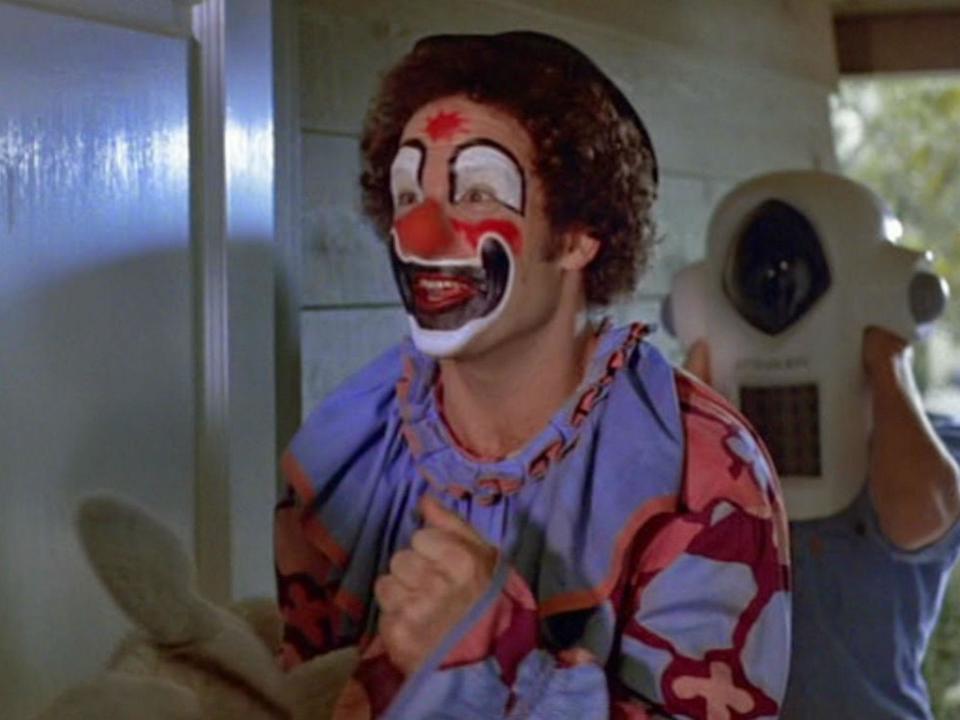Movies You Might Have Missed: Albert Brooks' Real Life

Albert Brooks is one of the most influential but underrated figures in American comedy. Friends like Carl Reiner and Mel Brooks believe he is one of the funniest people ever to have lived and yet he’s probably best known for his performances in Broadcast News, Finding Nemo and Drive. Brooks made his name on the talk show circuit in the late 1960s and early 1970s playing a narcissistic comedian deconstructing the usual tropes in a manner that paved the way for the likes of Steve Martin and Andy Kaufman. In 1975 he directed six short films for the first season of Saturday Night Live before making his big screen debut with Real Life in 1979, a prophetic and hilarious mockumentary.
Real Life is a spoof of An American Family, generally considered the first reality series on American television. Brooks plays himself as an obnoxious documentarian filming a typical suburban family in a bid to win both an Oscar and a Nobel Prize. Co-written by Harry Shearer, just a few years before his work on This Is Spinal Tap, the influence of Real Life can clearly be seen in The Office and the rash of spoof documentaries that followed in its wake. Decades before David Brent arrived on the scene with a guitar and a goatee, Brooks was exploring the manner in which human beings modify their behaviour the second cameras are pointed at them, the uncertainty principle in all its glory. The only difference is that here the rampant egomania is personified by the “storyteller” rather than the subjects of his film.
Brooks is sensational; his persona fully formed from the off due to years spent honing the character with television appearances. He is ably supported by the great Charles Grodin as the ordinary family man who coerces his family into taking part in the experiment. Things go from bad to worse when his wife, played by Frances Lee McCain, starts to develop feelings for Brooks and the whole project looks like having a detrimental effect on everyone involved.
Like The King of Comedy from the same era, Real Life is remarkably prescient in its observation that reality TV would likely prove more harmful than benign. The Brooks character, obsessed with producing an important, entertaining film, becomes increasingly unhinged as things begin to unravel. The final scene, in which the director attempts to come up with the most fitting conclusion to his masterpiece, is an outrageous and inspired set-piece that effectively foreshadows a now ubiquitous genre. Caustic and hilarious, this is essential viewing for anyone with an interest in modern comedy.

 Yahoo Movies
Yahoo Movies 